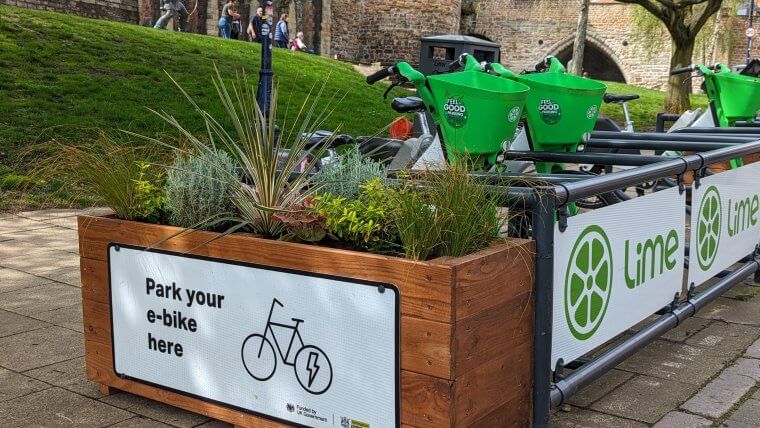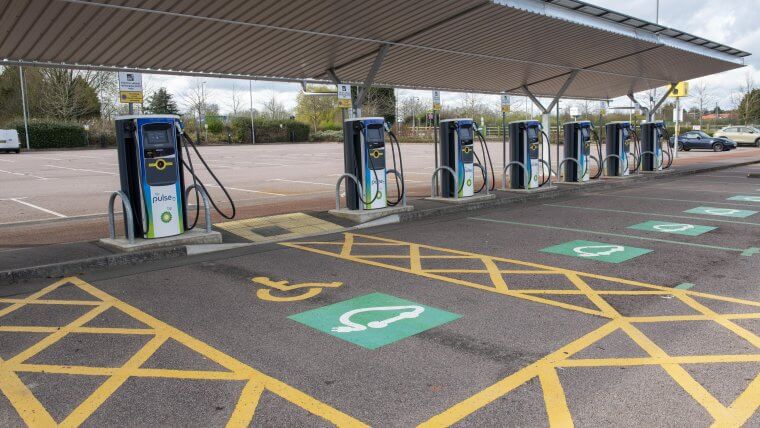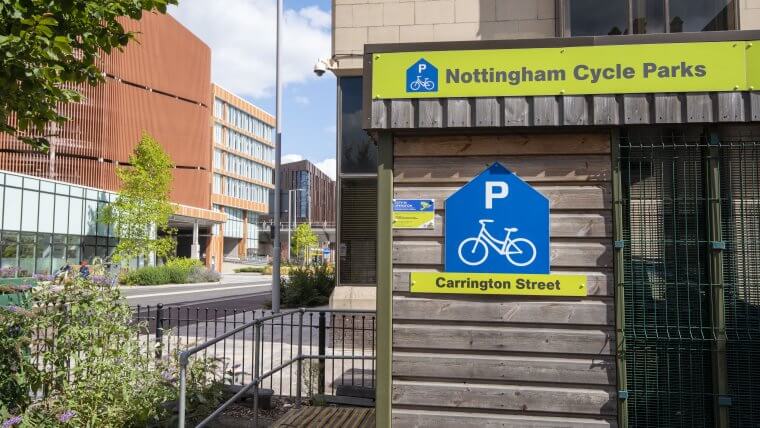12 September

You might have noticed a wave of pristine, newly tarmacked roads appearing around the city over the summer. This is part of the annual resurfacing work Nottingham City Council complete to stay ahead of the game and make sure our roads stay in good condition.
Peter Wells – Infrastructure Asset Manager explains…
Why is road maintenance important?
Poor road conditions can cause real safety issues – which is why we do our best to stay on top of repair. Nottingham City Council manage around 500 miles of road, which if laid out would take you all the way to Frankfurt, so that’s a lot of road to maintain!
How do you decide which roads are repaired and which are resurfaced?
A lot of factors go into making these decisions but it is based around each road’s condition and how much traffic passes though. Busier roads in poorer condition are obviously more of a priority.
That being said, our highways team conduct regular inspections on all the roads in the city to check for problems, if there are small scale issues – such as potholes we ‘patch’ them when needed (you can read more about pothole repair here). Patching doesn’t completely solve the issue but will ensure that the road remains safe and usable, until the time we can complete more significant repairs.
If there are larger problems with a road, then it will be added to our annual maintenance programme, which has two distinct phases.
Over the summer we undertake the more significant repairs – when we fully resurface roads, this is planned for August when the roads are quieter and the weather shouldn’t have too much of an impact on works.
Then in the autumn, our microsurfacing programme takes place – where we apply a mix of bitumen and aggregate to roads – predominantly in residential streets in neighbourhoods. This is a vital preventative measure, which slows the deterioration and helps to keep the roads in good condition.
How do you minimise disruption while work takes place?
Our team plan this sort of work well in advance, and make sure we notify local residents, who will be the most affected while work takes place. We know that resurfacing work can be disruptive for motorists, but we’ve got to think about the long term benefits. New road surfaces should last 30 years – so we need to make sure we do things properly. The larger the sections of road we resurface in one go – the longer the lifespan of the road. As there are fewer joins in the surface that are vulnerable to weather conditions, which can lead to potholes. We need to take a long-term view so we can keep Nottingham moving for years to come.





